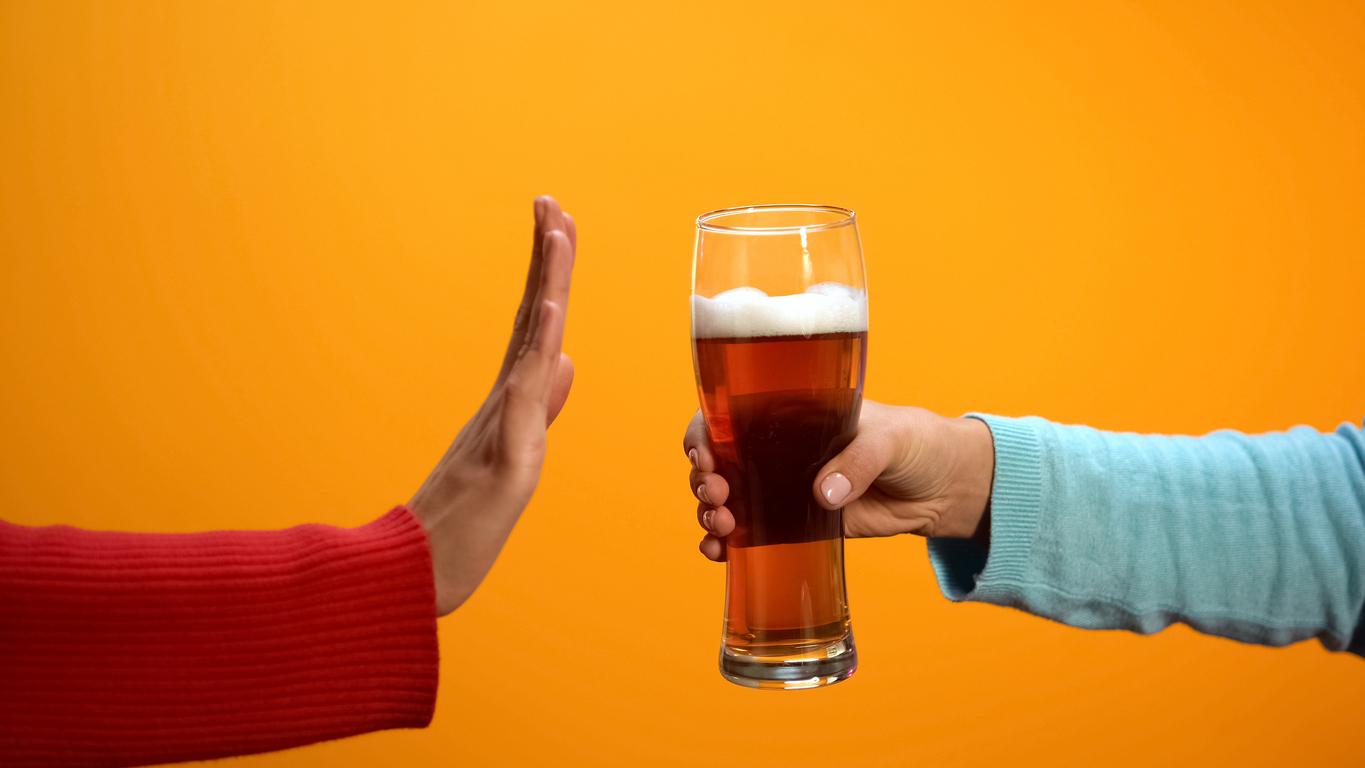What are the health promises made by brands worth? It is not uncommon to read the words: “detox”, “energizer”, “conditioner” … on the products we buy. But are these allegations founded? While “eating well” is very fashionable,‘NGO Foodwatch alert on the lies of twenty products.
The NGO identified five traps set for consumers. It first identifies the health claims of products that have never been validated by the authorities. She recalls that since 2012, the European Commission is supposed to validate more than 2,000 health claims, but the file is dragging on. In the meantime, manufacturers are using the terms “detox” on their herbal teas without having had the necessary approval. The NGO estimates that the well-being segment of infusions represents 40% of the market. Which proves how the terms sell.
From little lie to illegality
Foodwatch also highlights the lack of precision of these products. It would actually be necessary to consume them in very large quantities before seeing any effect. They take in particular the example of a margarine, rich in omega 3, ideal for having a normal cholesterol, but which will present effects only if one consumes 6 sandwiches.
Health claims would also hide other realities. The so-called “energizing” or “vitalizing” products are sometimes much too sweet, this is the case in particular with Innocent smoothies. Promises of health are pinned down as pure marketing stunts, like the Ricola candies titled “Good Night”.
Finally, the NGO warns of an illegal assertion of certain products which claim to be “anticancer”. This is particularly the case with the site biologiquement.com, against which Foodwatch has filed a complaint.
Also read:
Avocado kernel is believed to have anti-inflammatory properties
Mulberries: the advantages of this superfruit


















